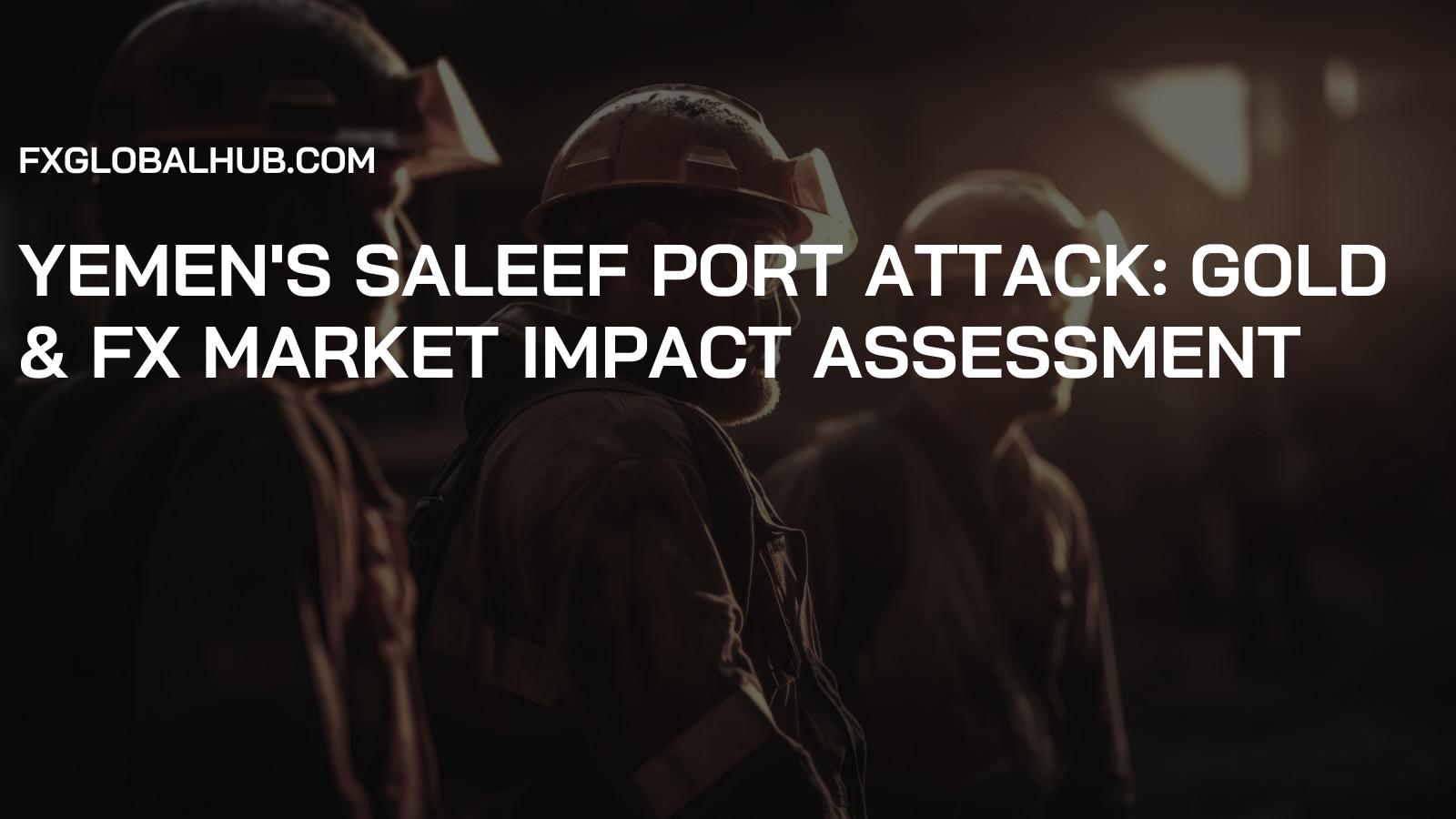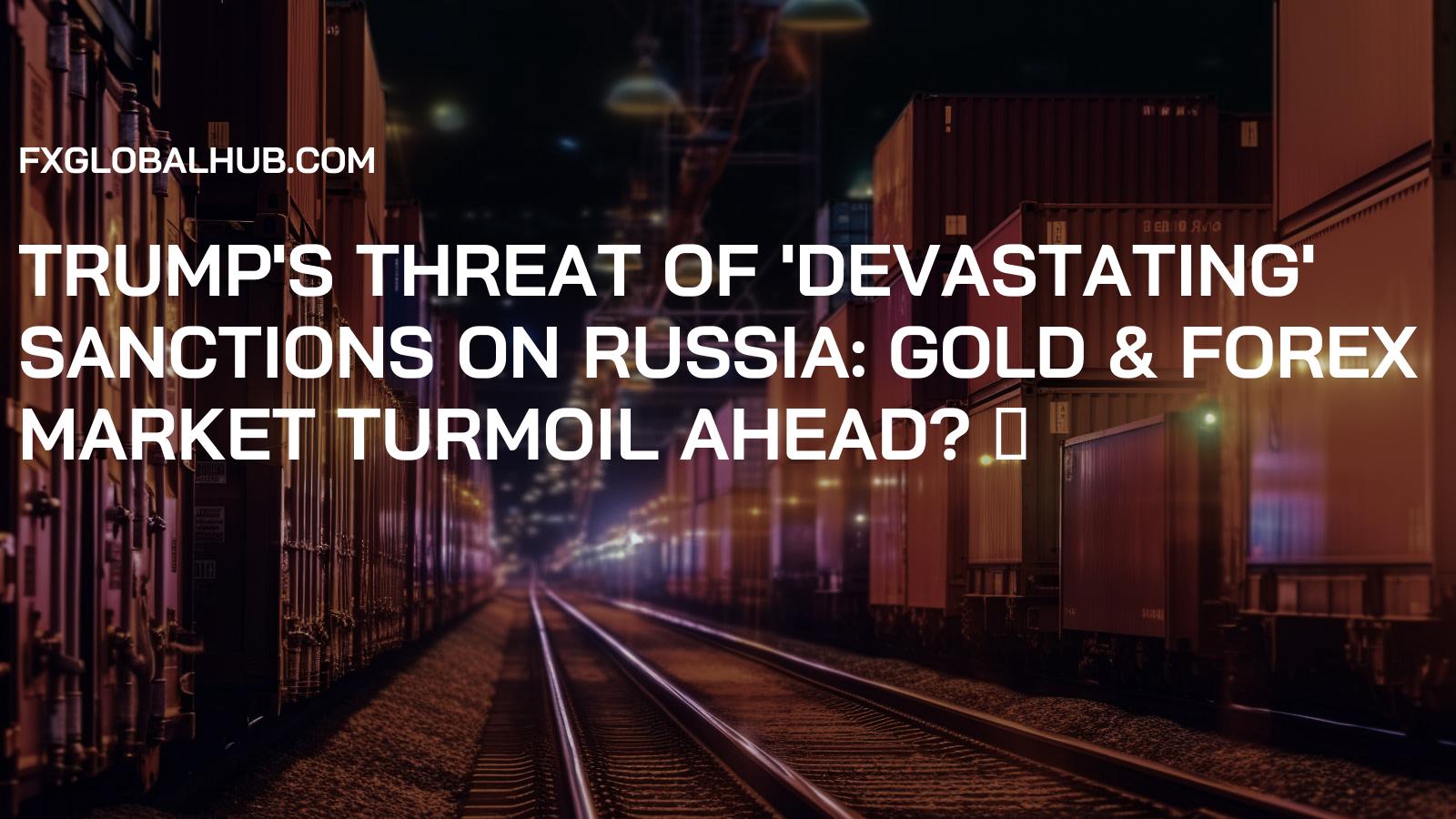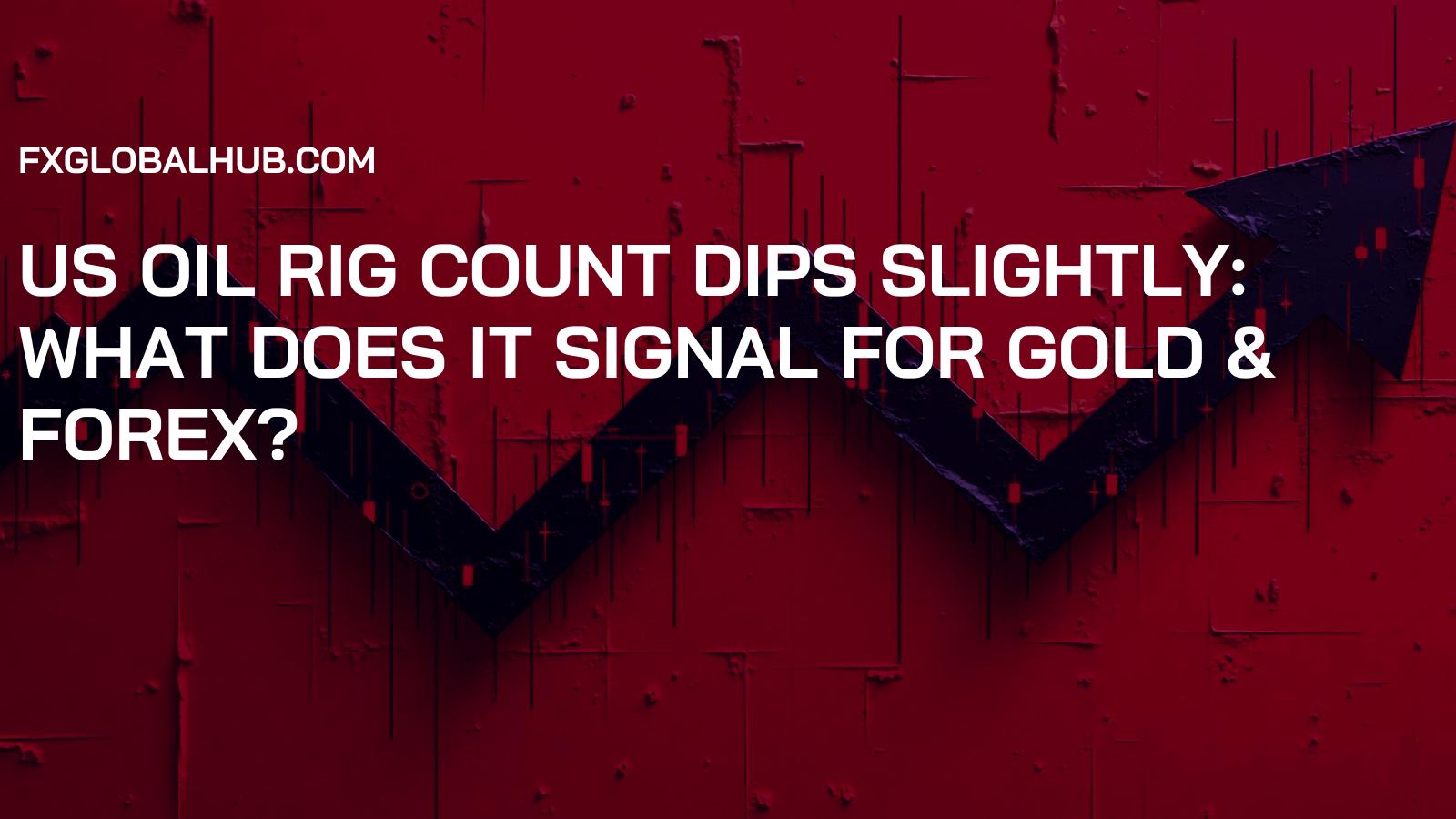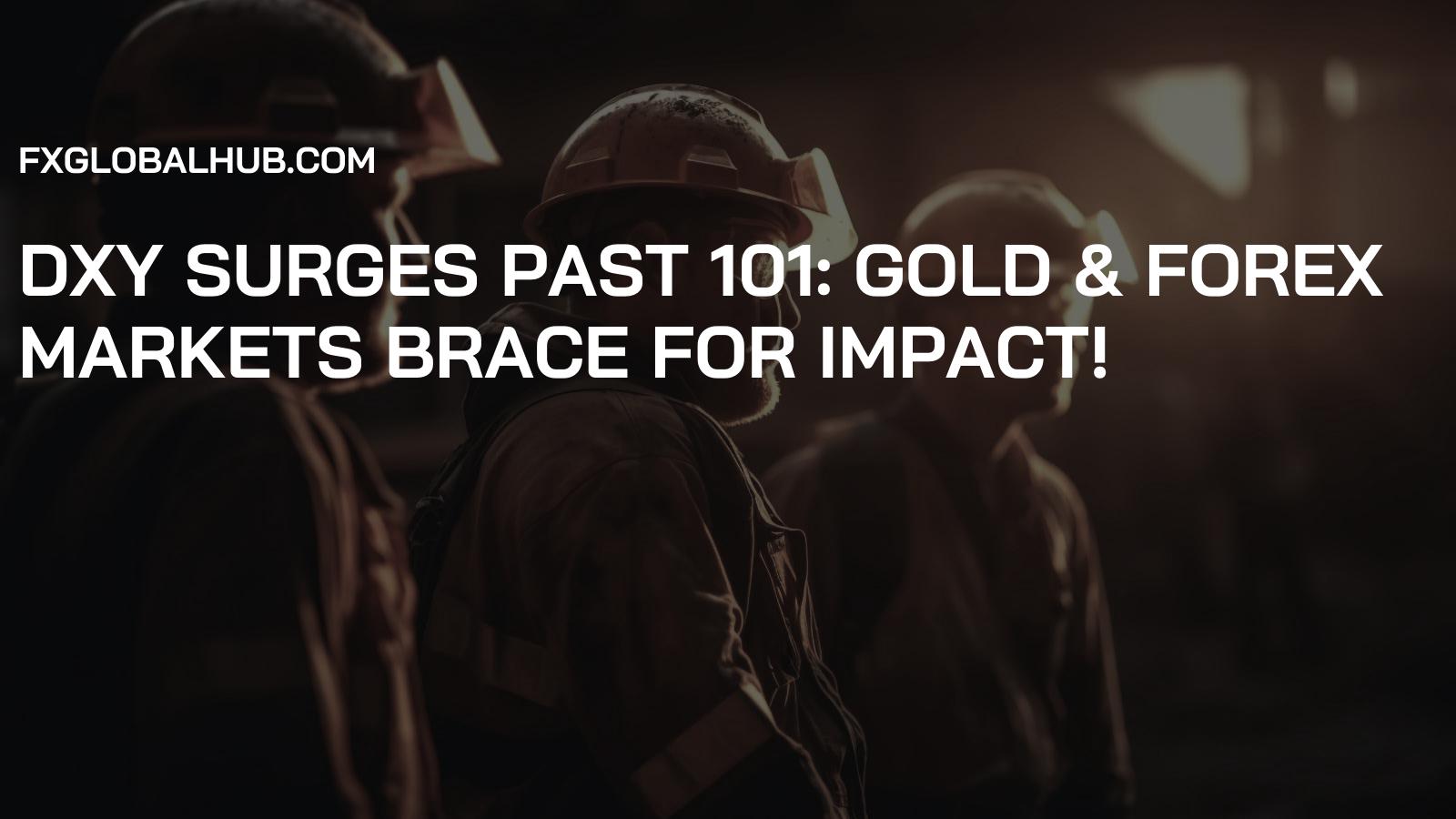FxGlobalHub: Yemen's Saleef Port Attack: Gold & FX Market Impact Assessment
Updated: 2025/05/16 21:32:43
Reports of an attack on Yemen's Saleef port raise concerns about regional instability. This analysis assesses the potential impact on gold and FX markets, offering investment opportunities and challenges.

Geopolitical Tensions Surge: Middle East Under the Microscope
The reported attack on the Houthi-controlled Saleef port by Israel escalates already complex geopolitical tensions in the Middle East. This region plays a critical role in global energy supply, meaning any disruption can trigger significant financial market volatility.
Key Drivers Fueling Market Reactions
Several key factors will drive market response: (1) The extent of conflict escalation; (2) Impact on oil supply; (3) Reactions from other regional and international powers; and (4) Investor sentiment.
Impact on the Gold Market
Gold is often considered a safe-haven asset during times of uncertainty. Escalating tensions typically drive investors towards gold, pushing prices higher. However, the magnitude of the price increase depends on the scale and duration of the conflict.
Impact on the Foreign Exchange Market
Currencies of countries directly involved in the conflict (e.g., the Yemeni Rial) may face downward pressure. The USD may strengthen due to its role as a global reserve currency and safe-haven. Other currencies' movements will depend on how the conflict affects their respective economies.
Opportunities and Challenges
Opportunities: Investors may find profit in trading gold and volatile currencies. Challenges: The market can be highly volatile and unpredictable, requiring knowledge and experience.
Investment Recommendations
Investors should exercise caution and diversify their portfolios. Closely monitor the situation and related news to make timely decisions. Consider investing in gold as a hedge, but avoid putting all your eggs in one basket.
Conclusion
The attack on Saleef port can cause considerable volatility in the gold and foreign exchange markets. Investors need to monitor the situation closely and have appropriate investment strategies to minimize risks and capitalize on opportunities.
Trump's Threat of 'Devastating' Sanctions on Russia: Gold & Forex Market Turmoil Ahead? 🔥
2025/05/17 07:38:00

US Oil Rig Count Dips Slightly: What Does It Signal for Gold & Forex?
2025/05/17 00:01:52

OpenAI's Codex: AI Code Generation - A Game Changer for Gold & Forex Markets?
2025/05/16 22:01:41

DXY Surges Past 101: Gold & Forex Markets Brace for Impact!
2025/05/16 21:39:01

Yemen's Saleef Port Attack: Gold & FX Market Impact Assessment
2025/05/16 21:32:43

Michigan Consumer Sentiment Index Plunges: What's Next for Gold & Forex?
2025/05/16 21:00:43

US Building Permits Plunge: A Wake-Up Call for Gold & Forex Markets?
2025/05/16 19:31:30

Ukraine-Russia Talks Stall: Gold & Forex Market Impact - Expert Analysis
2025/05/16 19:10:51
